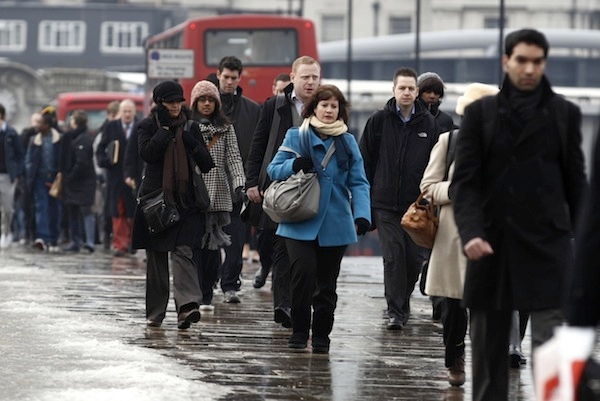‘Making work pay’ – it’s the phrase du jour of welfare reform. It’s not always clear, though, how it is actually achieved.
One part of the equation is looking at how earnings, taxes and benefits interact at the lower end of the income scale. As people earn more, they’re entitled to fewer benefits, and have to start paying higher taxes. This creates what’s known as a ‘withdrawal rate’ – the percentage of any extra income lost to this combination.Better-paid jobs, cutting taxes, raising tax thresholds, and raising the level at which you stop getting benefits or the rate at which you lose them are easy answers. How they are financed is rather more difficult.
Then there’s Universal Credit. Its big idea is to make work a more rational proposition, by ironing out some of the dafter bits of the current arrangement and creating generally consistent work incentives.
Second, the credit doesn’t include Council Tax Benefit. That’s because it’s being devolved, and in England it’s up to councils to design new systems for managing it. This all sounds a bit technical, but it’s important. Under the new system, councils will have to decide whether to treat the credit as income, for assessing who gets CTB.
If they count it as income, it’s a bureaucratic nightmare. They will have to check with the DWP what every family is receiving in Credit. And thanks to the way that childcare support is calculated, some people would also have more expensive childcare, with a potential knock-on effect on how much they work.
If they don’t count it as income, then CTB will sit alongside the credit. This is the easy option. It’s also one that means people might lose both credit and CTB when they earn more. This increases their withdrawal rate: if councils keep CTB rebates the same, then a basic-rate taxpayer will lose 89.8% of any extra earnings. In other words, the simplest path for councils to take leaves us back with the original problem: poor incentives to work.
Our welfare system is a Gordian knot, which Universal Credit was supposed to slice through. Everyone should want it to function properly, because everyone wants people to be better off working.
Unless some crucial details are sorted out, though, it looks like work still won’t pay.
Gordon Hector is Public Affairs Manager at the Joseph Rowntree Foundation






Comments